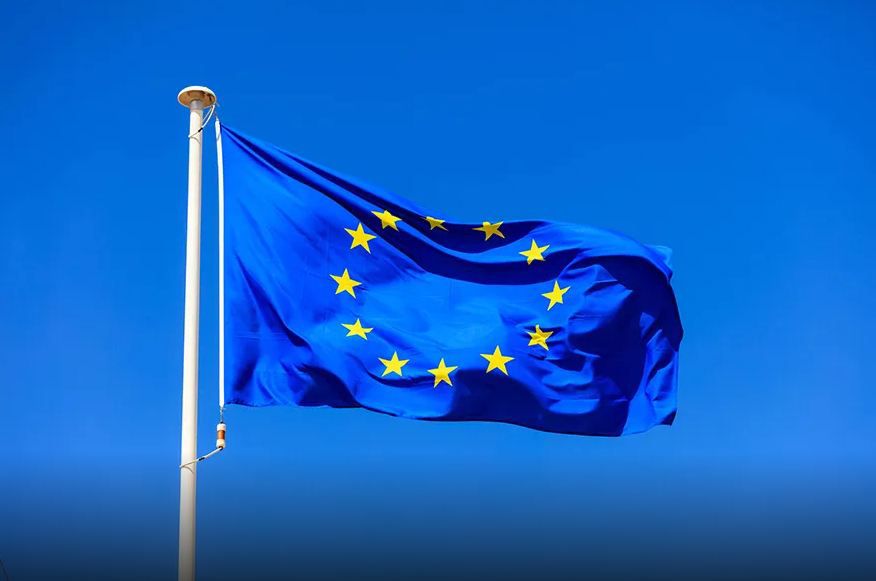
By Thodhori Kamberi
The European Union’s enlargement policy has long been considered one of its greatest achievements, successfully integrating many post-communist states of Southeastern Europe. Through this process, the EU has promoted democratic reform, economic liberalization, and regional stability. Yet, the path toward integration for the Western Balkans has been slower and more complex than initially expected.
The EU’s approach in the region has traditionally been based on the principle of conditionality — rewarding progress with closer ties, financial aid, and eventual membership. However, by 2020, the Union acknowledged that this model had produced limited results. During the Zagreb Summit, a new enlargement methodology was launched, aiming to make the process more credible, transparent, and dynamic. It sought to rebuild mutual trust and strengthen the link between reform progress and accession benefits.
Despite this evolution, the enlargement process has increasingly become a political rather than purely technical issue. Comparing the enlargements of the 1980s and those of 2004–2007 demonstrates that geopolitical considerations often outweighed compliance with the Copenhagen criteria. Today, the process has grown more technical, more demanding, and more closely tied to the fulfillment of detailed accession benchmarks.
Internal Challenges within the EU
One major reason for the stagnation of enlargement lies inside the Union itself. In the past decade, the EU has faced multiple internal crises — from the eurozone and migration crises to Brexit and the COVID-19 pandemic. These events have shifted priorities inward, fuelling nationalism, Euroscepticism, and political fragmentation among member states. Consequently, the appetite for further enlargement has declined.
Moreover, the lack of unanimity in decision-making has slowed down the process. Several member states — including France, the Netherlands, and Bulgaria — have at different times used their veto power to block or delay the opening of accession chapters. As a result, enlargement has become more bureaucratic and politically constrained.
Governance and Reform Issues in the Western Balkans
The Western Balkans also face their own internal challenges. Persistent corruption, state capture, political polarization, and weak institutions have hindered reform efforts. In many cases, EU financial assistance intended for institutional strengthening has been absorbed by entrenched political elites, producing limited tangible results.
According to the European Court of Auditors (2022), EU investments under IPA II (2014–2020) did not significantly advance the rule of law or public administration reform in the region. To address this, IPA III (2021–2027) introduced a performance-based approach, linking financial support directly to measurable progress in democracy, human rights, and governance.
In Albania, for instance, structural weaknesses persist in the coordination, transparency, and management of EU-funded projects. Corruption in high public offices, coupled with slow judicial reforms, continues to undermine trust and efficiency. The problem of “state capture” — where political and business interests dominate public institutions — remains particularly acute.
A Region Still Committed to Europe
Despite these obstacles, the Western Balkans remain firmly oriented toward the European project. For Albania and its neighbors, EU membership represents not only a political aspiration but also a civilizational choice rooted in stability, prosperity, and shared values.
The integration process is undoubtedly complex, influenced by both internal EU dynamics and domestic political realities. Yet, for the citizens of the region, the European Union remains the most credible and transformative framework for peace, reform, and development.
As Europe faces new geopolitical challenges, from energy security to migration and global competition, the strategic importance of integrating the Western Balkans grows clearer. The future of the continent’s unity and stability will depend on ensuring that the European perspective of these countries remains real, achievable, and alive.
